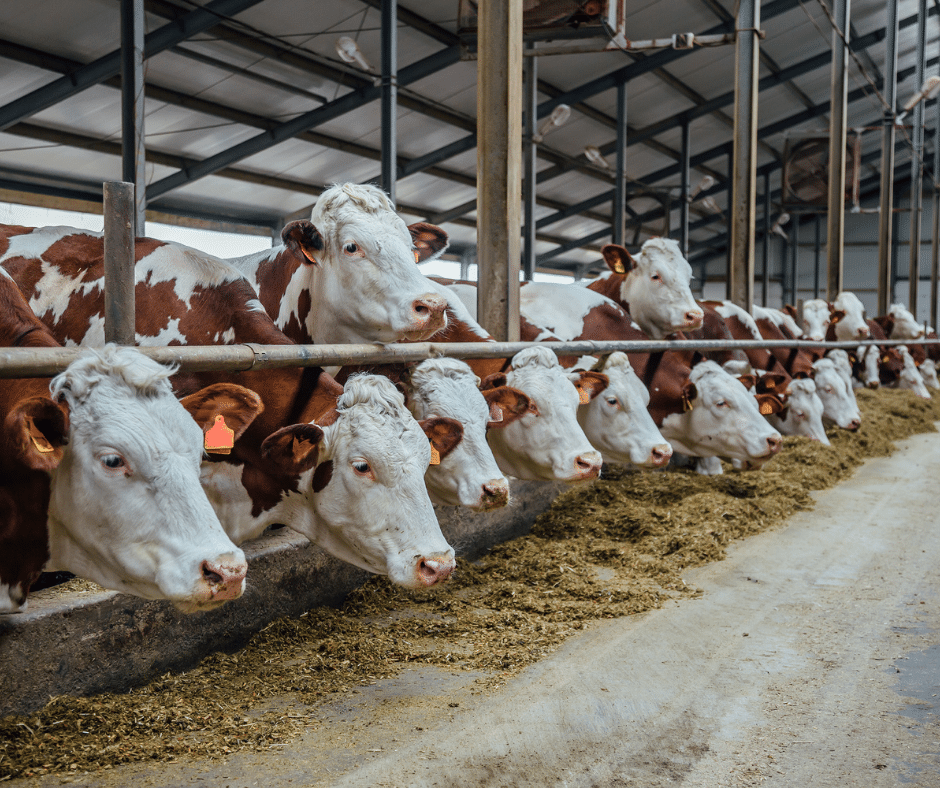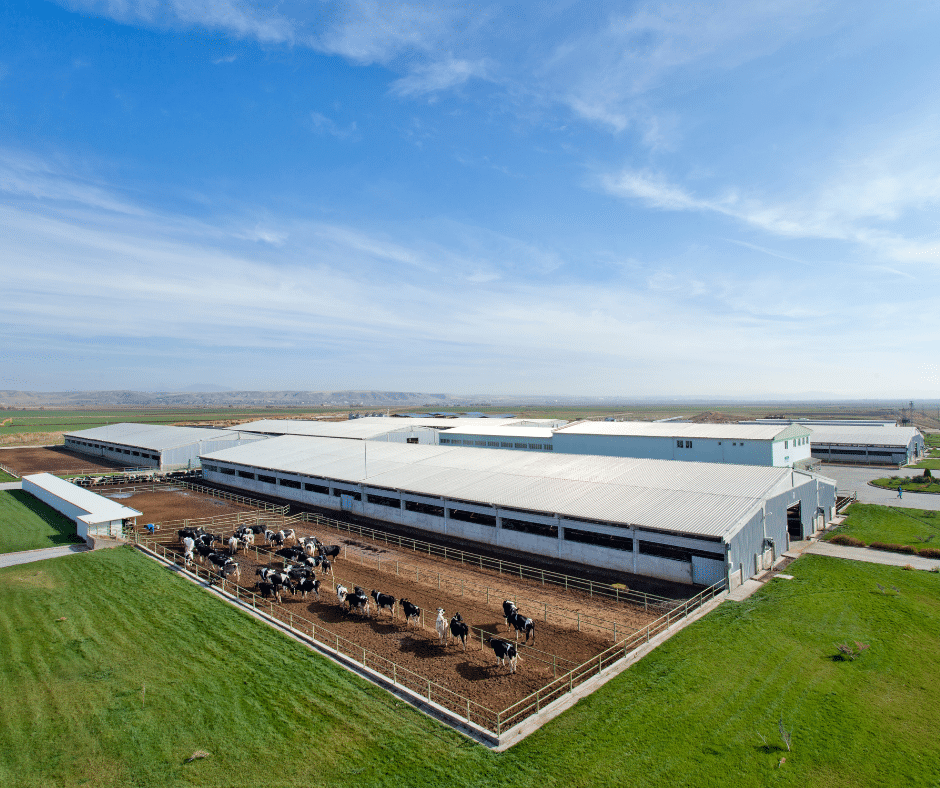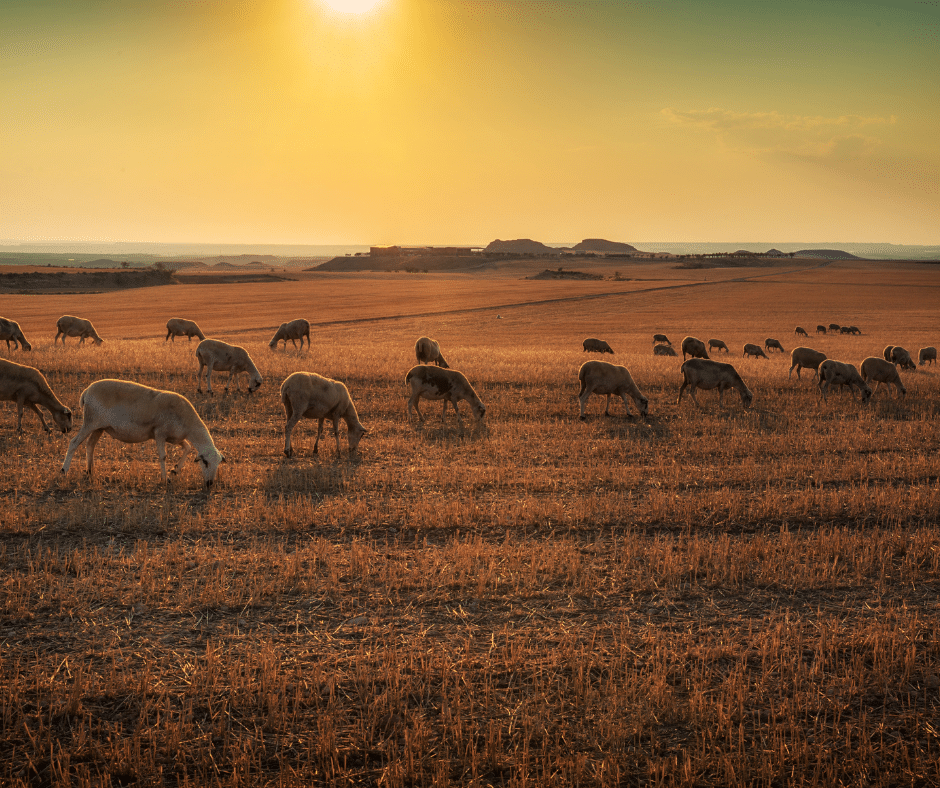The question of whether animals produce greenhouse gases is a controversial one. While some scientists believe that the answer is yes, others think it’s an issue that should be left to nature.
There are many pros and cons for either side of this debate, but in the end, what matters most is how we choose to proceed as humans. Which will it be? Let’s make our decision based on facts, not feelings.

Cows produce 19 billion liters of methane (CH4) every day. That’s equivalent to the amount produced by around 56 million people.
The average American consumes 209 pounds of meat per year, and the average Australian eats 187 pounds of meat per year.
Methane is a greenhouse gas that is 21 times more powerful than carbon dioxide (CO2), although in actual numbers CO2 has a greater potential to warm up our planet. But if we think about how much total greenhouse gas is produced per person, then humans are still the number one climate change culprit in terms of how much an individual can impact the environment.
The overall point is that all animals produce greenhouse gases, including us and it’s not a good thing for our planet.
The bottom line is that all living things give off some amount of methane (CH4), but certain animals produce exceptional amounts.

What About Livestock and Greenhouse Gases?
Methane and nitrous oxide are the two gases that livestock contributes to greenhouse gas emissions, although methane is far more prevalent. In fact, cattle alone account for around 65% of human-related global methane emissions.
The main reason for this is that livestock produce a large amount of manure, which then sits in storage until it’s used as fuel or fertilizer. The result? More greenhouse gases are produced when the land is used for agriculture instead of being left to naturally regrow itself.
This means that while livestock is not directly the cause of greenhouse gas emissions, they are still a contributing factor since their food source has to come from somewhere.

Should We Be For or Against Animals?
From a purely environmental perspective, you would think that we should be taking every effort to reduce animal production in order to prevent unnecessary destruction of natural resources and pollution. But is that the right way to go about this? Or should we be listening to nature and letting them find their own balance on earth?
To put it simply, do animals make greenhouse gases? The answer is yes. Both plant-borne and animal-borne greenhouse gases affect our environment, sometimes negatively, which means we should focus on reducing all greenhouse gases, no matter what the source.
It’s a heated debate that will continue for years to come. But before we can take action, we need to understand the issues at stake. The real question is whether animals are contributing to climate change and if so, how much? Hopefully, this article will help you answer these questions and make an educated decision on whether or not you think animals should be a part of our green future.
